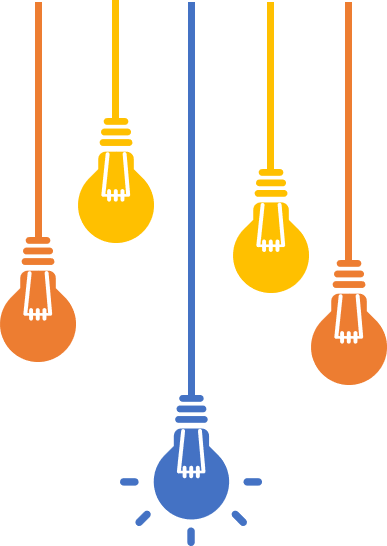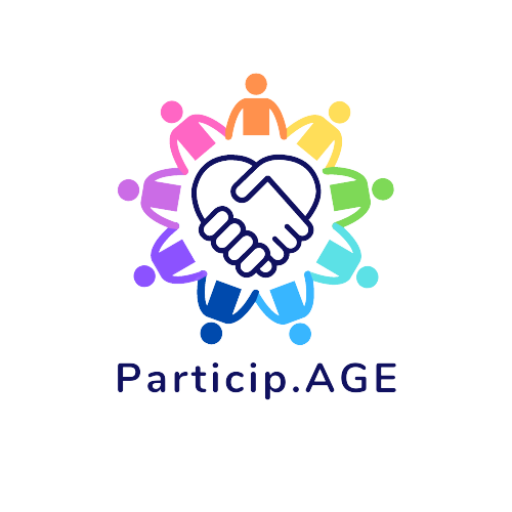Staff will develop effective team collaboration skills, emphasising open communication and shared goals for a supportive environment
What is a Team?
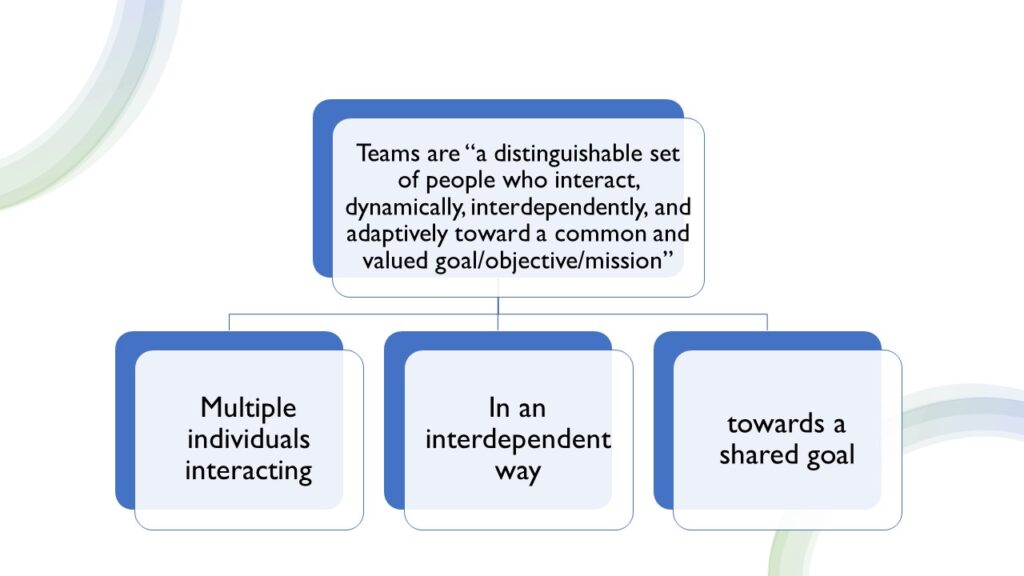
Why is Team Collaboration important?
Effective teamwork and collaboration have positive impacts on:
- Workplace performance and outcomes
- Supervisor ratings
- Service-user satisfaction
Teams who work together effectively report higher workplace well-being, engagement, and job satisfaction.

Key Aspects of Team Collaboration 1
Comunication
- Effective communication is crucial for successful collaboration.
- Information sharing positively influences team performance.
- Team communication influences other critical teamwork components, such as cooperation, and conflict.
Role Clarity
Clarify roles and responsibilities within the team to avoid confusion and duplication of effort. It is important to help team members understand their roles and how they contribute to the team’s success.
Goal Setting and Alignment
Ensure all team members understand the team’s objectives and how their individual goals align with them.
Regular Team Debriefs can assist with keeping everyone on the same page.
Assignment:
Key Aspects of Team Collaboration
Comunication
- TIP: Closed-loop communication.
- Information is shared.
- Receipt of information is acknowledged.
- Clarification is sought or offered if needed.
Role Clarity
Assignment:
- How would I describe my role?
- Do I know everyone else’s role?
- Do we collectively understand each other’s roles?
Goal Setting and Alignment
Assignment:
- What is our primary shared goal?
- How do each of us work towards that goal?
- Team debriefs: What is working? What isn’t?
Key Aspects of Team Collaboration 2
Shared Mental Models
A shared understanding the of the task that the team are in engaged in, the challenges posed, how the team members will interact, the resources available to the team, and the timeline for completion.
Backup behaviour
Ability to anticipate other team members needs through accurate knowledge about their responsibilities.
Adaptability
Ability to adjust strategies based on information gathered from the environment and through the use of backup behaviour and reallocation of intra-team resources.
Assignment:
Key Aspects of Team Collaboration
Shared Mental Models
- What is the nature of task at hand?
- What challenges do we face?
- What resources are available to use?
- How do all of the parts fit together?
Backup behaviour
- How can we watch out for each other in our work?
- How can we identify when someone needs help with a task?
- How can we ensure a balanced workload?
Adaptability
- What are some examples of when we needed to adapt in our work?
- How can we as a team better help each other by being open to adapting our approaches or strategies?
Key Aspects of Team Collaboration 3
Constructive feedback and prompting
Research shows that teams need to deliver more process-level prompts, not just task-level.
Assignment :
- How can I give more constructive feedback and prompts?
- Thinking about how I usually give feedback, is it generally task-level, or process-level?
Task-level feedback and prompts
Examples of task-level feedback and prompts:
- This is a good idea. Can you elaborate/tell us more?
- Can you clarify what this means?
- Does anyone else have any thoughts on this?
Process-level feedback and prompts
Examples of process-level feedback and prompts:
- How else could be approach this task?
- How can we find the information we need? What is the basis for these decisions/actions.
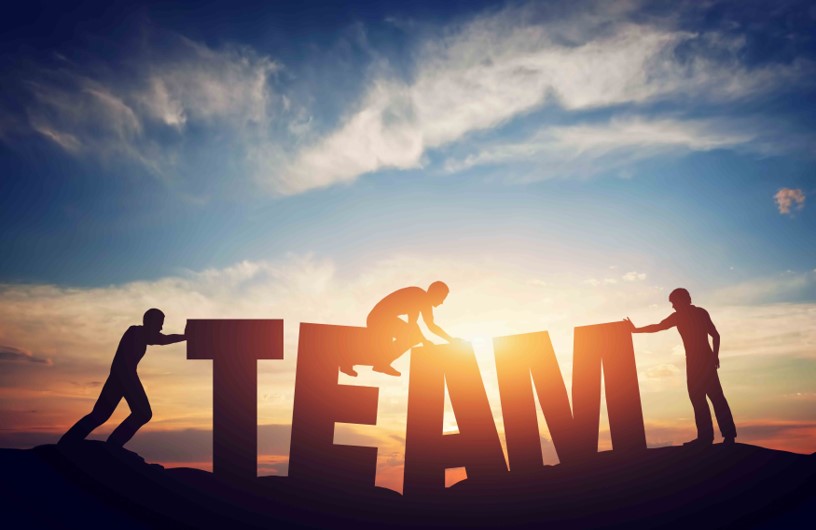
Team building
Team-building has been identified as an important tool for enhancing teamwork.
Research shows that the positive impacts of team-building are most strongly associated with:
- Emotional outcomes: e.g. Trust in your team; Belief that your team is effective
- Process outcomes: e.g. Communication quality; Team coordination
Sample Team-building exercise
Sample exercise: Paper tower task
Materials: A4 paper, Sellotape, tennis ball
Task: Divide into groups of up 4 – 6 people
- Each group receives a set amount of A4 paper, as well as sellotape, and a tennis ball.
- The goal is to build the tallest tower that can hold the weight of the tennis ball.
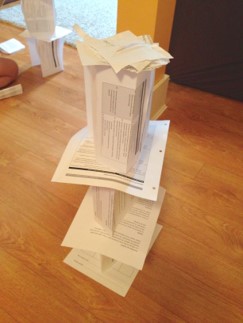
Paper tower task – Debrief
Once the group has completed the task, ask them to reflect on the process.
- What elements of teamwork did they use?
- How was the goal achieved as a team?
- How can these elements of teamwork being applied day-to-day?
Conclusions
- Teams who work together effectively are both more productive, and happier in their work
- Important components of teamwork include:
- Communication
- Role clarity
- Goal setting and alignment
- Shared mental models
- Adaptability
- Feedback and prompting are influential tools in a teamwork environment. We should engage with different types of feedback and prompts.
- Team-building can have positive impacts on both affective and process outcomes in a team environment
